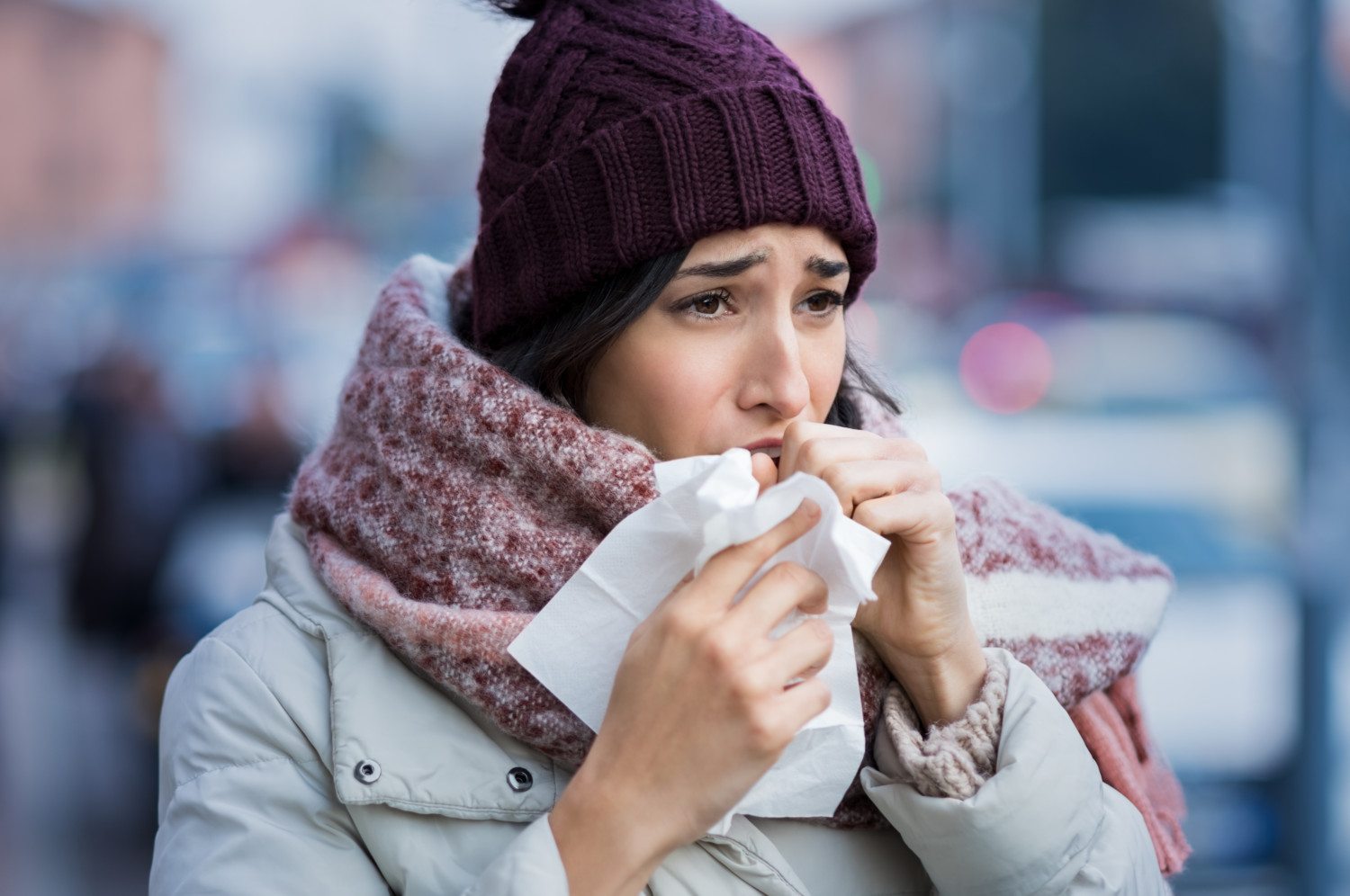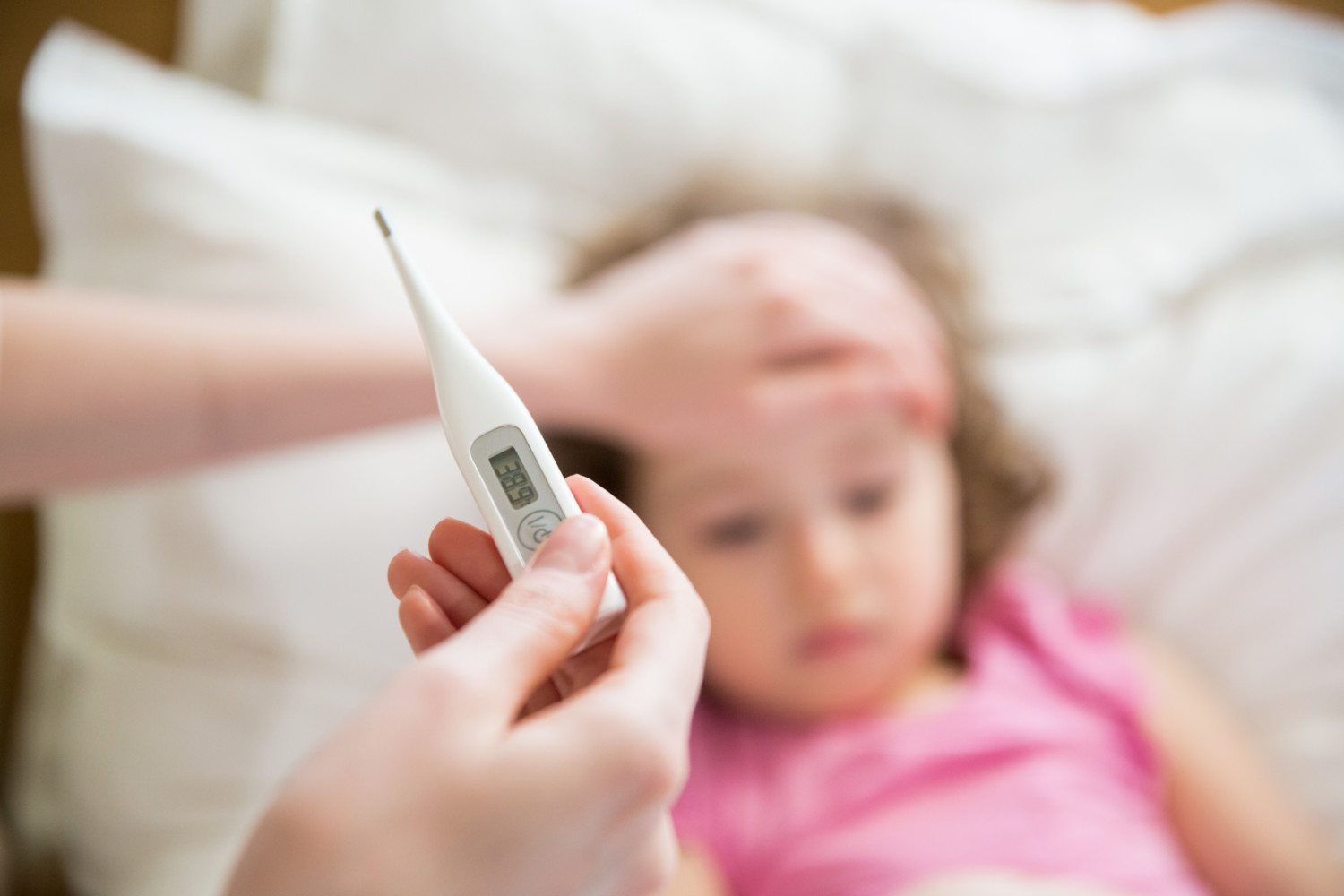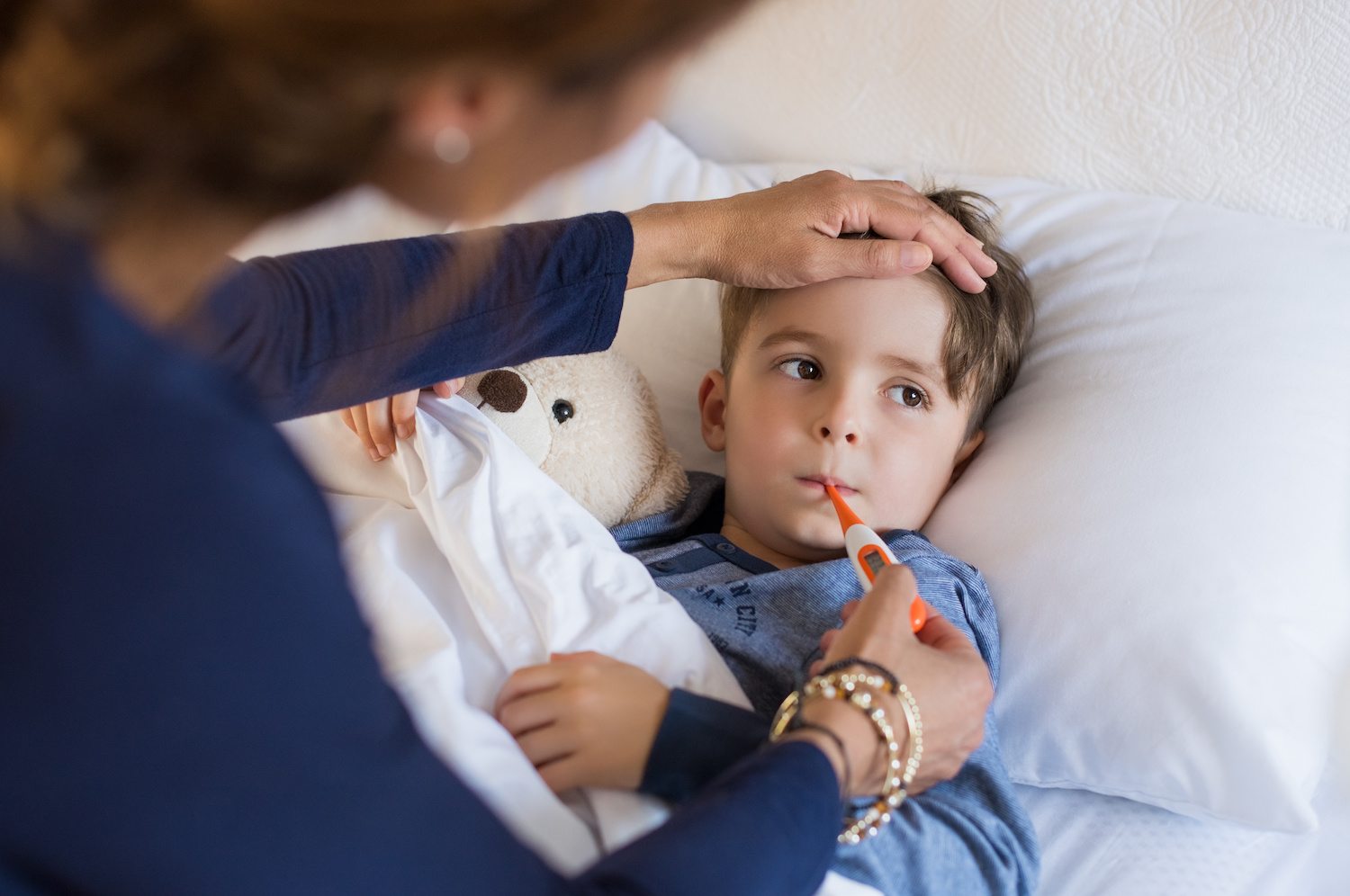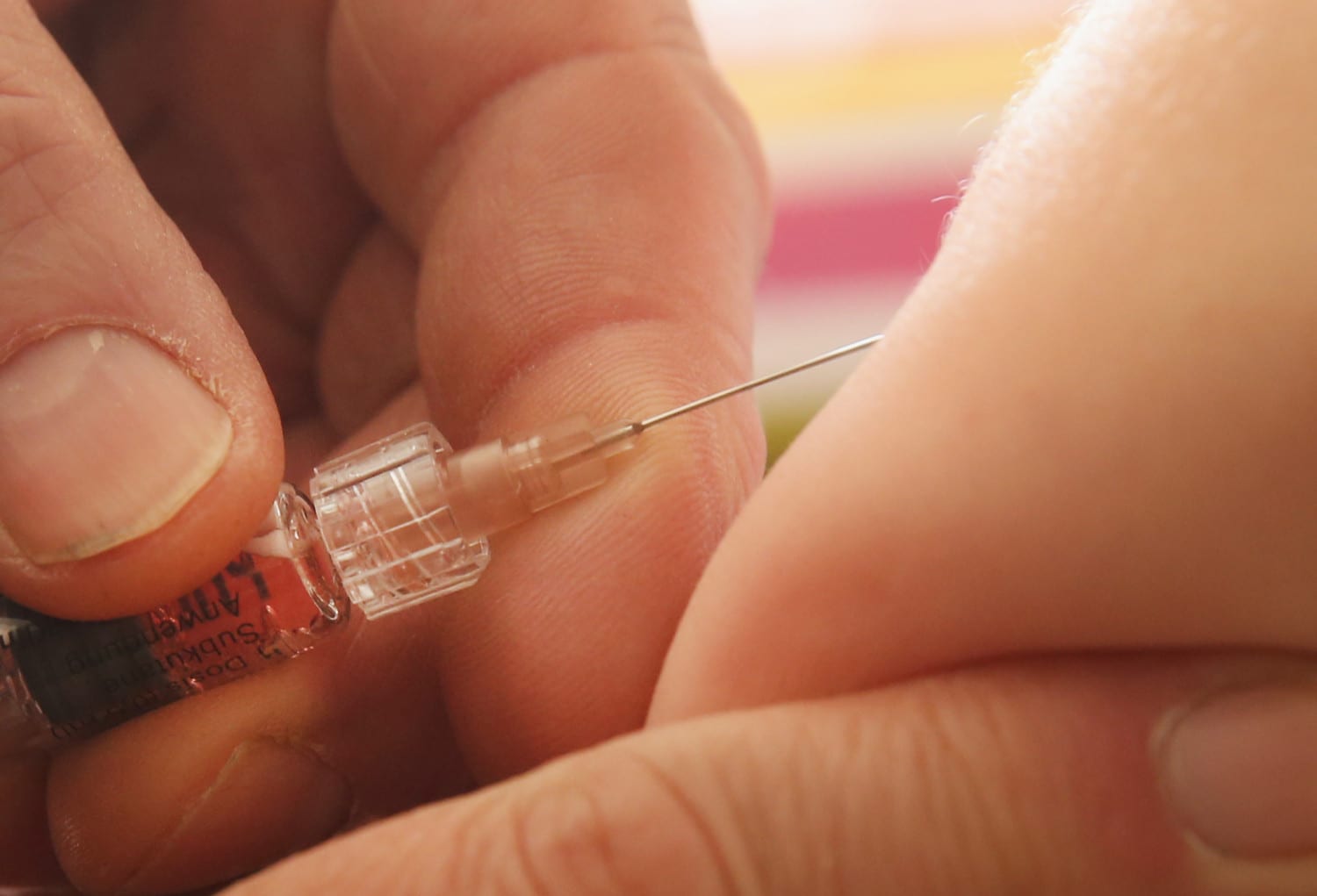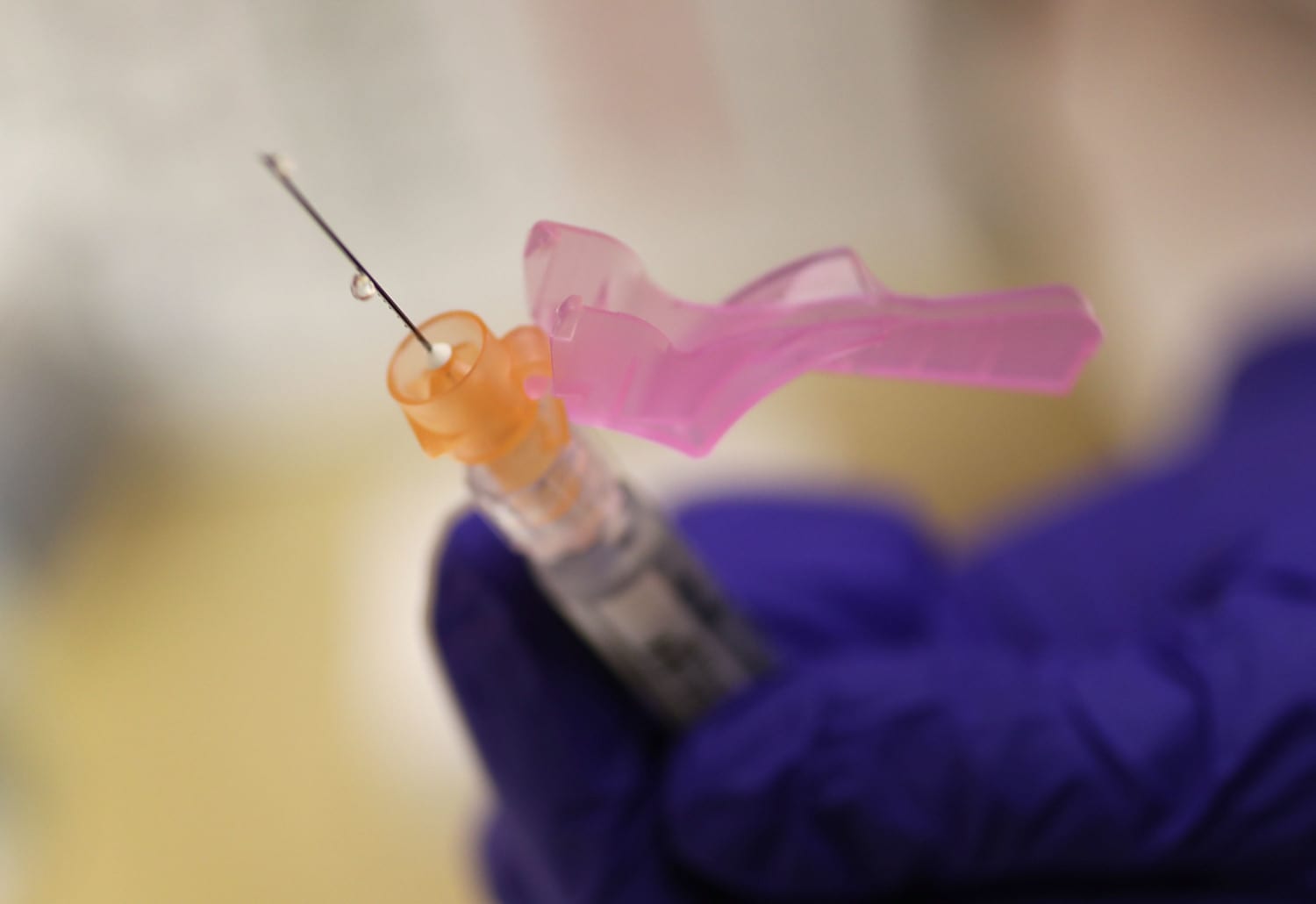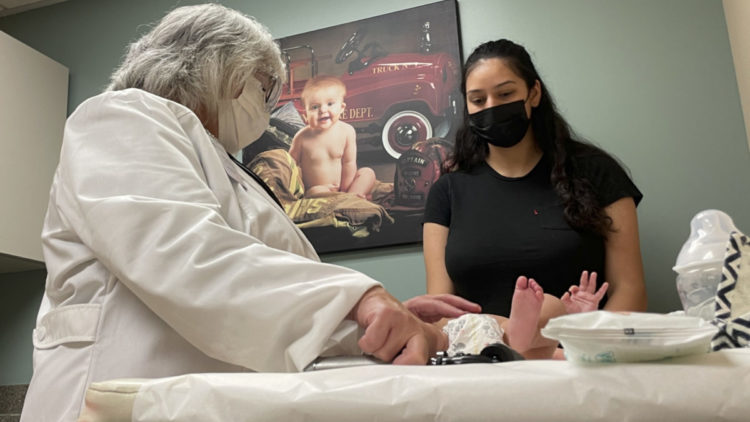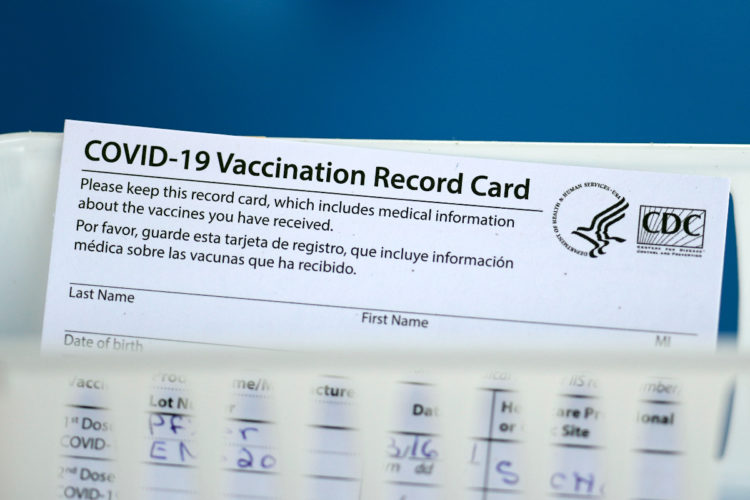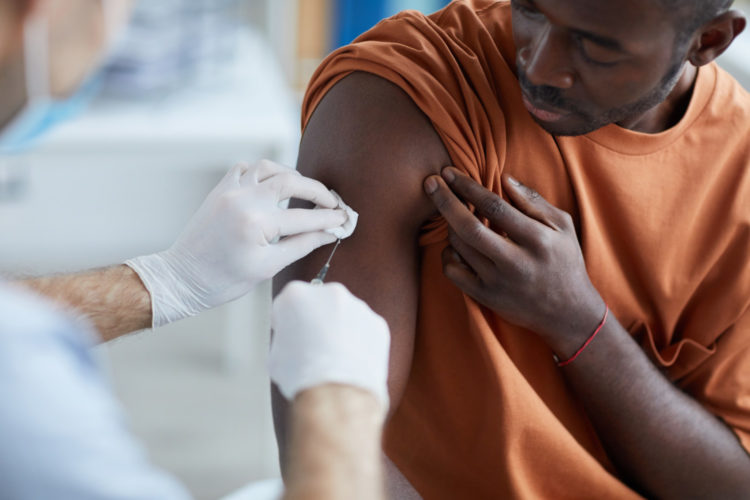What you need to know about measles as it spreads across the country

Measles, the highly contagious and previously eliminated viral illness, has been spreading in communities across the United States in recent weeks, with Washington declaring a state of emergency last week and New York reporting in 2018 its second largest outbreak over the past two decades.
As the cases increase in these communities, we sit down with Dr. Julia S. Sammons, a pediatric infectious disease specialist and medical director of the Department of Infection Prevention and Control at The Children’s Hospital of Philadelphia, to talk about some of the most common questions about the illness.
How Do You Catch Measles?
The measles virus spreads through coughing and sneezing and can live in the air where an infected person coughed or sneezed for up to two hours. If someone who is not immune to the virus breathes the air or touches an infected surface, they can become infected, according to the US Centers for Disease Control and Prevention.
“Measles is one of the most highly contagious diseases known,” Sammons said. Once a person has measles, about 90 percent of close contacts who are susceptible to it will develop the disease, she added.
In the United States, people who are unvaccinated usually catch measles while traveling in other countries and then spread it to other unvaccinated people upon their return, which can start outbreaks, according to the CDC.
What Does Measles Look Like?
Measles usually manifests as a combination of high fever, as high as 105 degrees Fahrenheit, along with what is known as the three Cs: cough, coryza (another word for runny nose), and conjunctivitis or pink eye, Sammons explained.
Early on, measles can look like many other viral illnesses, but the red blotchy rash that comes with it may help set it apart.
“Imagine that you have a bucket of rash. If you pour that bucket of rash over your head, the rash sort of cascades down,” Sammons said. “So the rash starts over the head, typically over the scalp, and then it spreads down head to toe.”
People with measles are usually quite ill. “They are miserable and very sick-appearing,” she said.
If You Suspect Measles, Call The Doctor First
She also urges anyone who is concerned about measles to speak to a health care provider before coming into the office.
“What you don’t want to do is to go to a busy pediatric waiting room, for example, and potentially expose others,” Sammons said.
Instead, she recommends calling ahead and expressing concerns about measles so the care team can provide guidance on how to most safely bring in the patient.
Symptoms or not, Sammons argues, we should all be concerned about measles.
How Worried Should Parents Be About Measles?
“We should all be worried when a vaccine-preventable illness is coming back into our country,” Sammons said. “We know that we have a highly effective vaccine, and it’s really due to under-vaccination that it is coming back.”
The vaccine provides protection against the illness well into adulthood, but Sammons warns that for those who are too young to be vaccinated or who have chosen not to vaccinate, the illness can be highly contagious and even deadly.
And public health officials like Sammons have expressed concern over the small but growing number of unvaccinated children in the United States.
Although a high percentage of vaccinated people in one community can keep the virus from spreading, a concept known as herd immunity, the number of vaccinated people required to stop a virus as infectious as measles is close to 95 percent. With families who choose not to vaccinate often clustering together, herd immunity does not offer adequate protection.
Why Do Some Parents Decide Not To Vaccinate?
“Being victims of our own success with the vaccine, we haven’t seen it,” Sammons said. “So when you think about parents bringing their children in for immunizations, it’s not a disease that looms large in your memory.”
Thanks to the effectiveness of the measles vaccine, measles was declared eliminated in the United States in 2000.
She also acknowledges that it can be difficult for parents to navigate the amount of information available online and that misinformation and fear about vaccines have spread widely.
The American Academy of Pediatrics, the CDC and the American Academy of Family Physicians recommend that children get the measles, mumps and rubella (MMR) vaccine at 12 to 15 months old and again at four to six years old.
Children traveling abroad may need to be vaccinated before their first birthday, and women who are hoping to become pregnant should discuss vaccinations with their health care provider, as the MMR vaccine is not recommended during pregnancy.
“We make a lot of decisions in our life around parenting; unfortunately, this is one that not only impacts the decision you have made for your child but also impacts other children and persons around them,” Sammons added.
And with increasing numbers, vaccinated people may be starting to wonder just how protected they are.
Is It Possible To Contract Measles If You’ve Been Vaccinated?
Two doses of the measles vaccine protect against measles in 97 percent of cases, according to the CDC.
In people who have been immunized, it is possible to contract the illness, but it usually has a milder course, Sammons explains.
People who have had measles are also considered to be immune from getting the illness a second time, similar to chicken pox.
As concerning as measles outbreaks are, she also reminds parents that many other viruses are far more common.
“While we do want to have a heightened level of concern and be aware of measles, there are many more much more common viruses that are circulating,” she said. “But this is certainly something that we need to pay attention to.”
Written by Dr. Edith Bracho-Sanchez for CNN.
The-CNN-Wire
™ & © 2019 Cable News Network, Inc., a Time Warner Company. All rights reserved.


